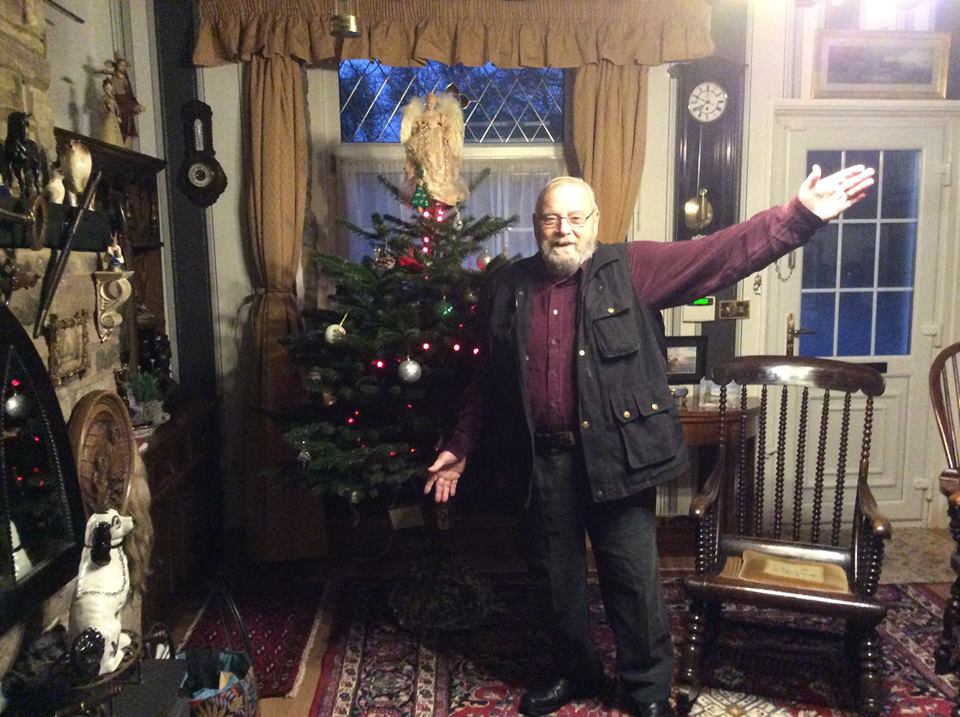‘Auld Lang Syne’ is a Scottish poem written by Robert Burns in 1788 which was later set to the tune of a traditional folk song. It is well known in many countries, especially in the English-speaking world, its traditional use being to bid farewell to the old year at the stroke of midnight on New Year's Eve. By extension, it is also sung at funerals, graduations, and as a farewell or ending to other occasions. The international Scouting movement in many countries uses it to close jamborees and other functions.
The Scottish title may be translated into standard English as ‘Old long since’ or, more idiomatically, ‘Long long ago’, ‘Days gone by’, or ‘Old times’. Consequently, ‘For auld lang syne’, as it appears in the first line of the chorus, might be loosely translated as ‘For the sake of old times’.
The phrase ‘Auld Lang Syne’ is also used in similar poems by Robert Ayton (1570–1638), Allan Ramsay (1686–1757), and James Watson (1711), as well as older folk songs predating Burns. Matthew Fitt uses the phrase ‘In the days of auld lang syne’ as the equivalent of ‘Once upon a time’ in his retelling of fairy tales in the Scottish language.
According to historical accounts, Robert Burns sent a copy of the original song to the ‘Scots Musical Museum’ with the remark, "The following song, is an old song, of the olden times, and which has never been in print, nor even in manuscript until I took it down from an old man."
Some of the lyrics were indeed ‘collected’ rather than composed by the poet, as scrutiny of other contemporary writings suggests. The ballad, 'Old Long Syne’ printed in 1711 by James Watson shows considerable similarity in the first verse and the chorus to Burns' later poem and is almost certainly derived from the same ‘old song’.
Even in the early 18th century, a bit of plagiarism went on by men famous and less known. It is a fair supposition to attribute most of the poem to Burns himself, but as to the original idea, that’s another question for another day?
There is some doubt as to whether the melody used today is the same one Burns originally intended, but it is widely used in Scotland and in the rest of the world. Singing the song on Hogmanay or New Year’s Eve very quickly became a Scots custom that soon spread to other parts of the British Isles. As Scots (not to mention English, Welsh and Irish people) emigrated around the world, they took the song with them.
Love and peace. Bill xxx

